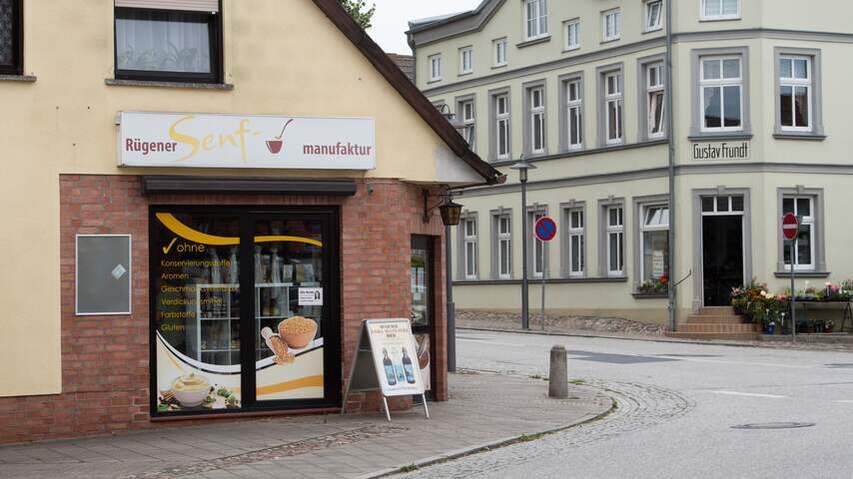
The number of companies that went bankrupt in Germany rose by 16 percent last year to 196,100. That is the largest number since 2011, when the aftermath of the financial crisis caused many bankruptcies.
This is reported by the agency Creditreform, which conducts research into bankruptcies and lending, in collaboration with research institute ZEW.
According to the researchers, more companies went bankrupt in all economic sectors, including in the energy-intensive industry due to the high energy prices. But also in, for example, the chemical and pharmaceutical sector, the number of bankruptcies increased sharply, as in IT, technology, construction, catering, trade and healthcare. Most bankruptcies concern smaller companies, but more and more larger companies in Europe’s largest economy are also failing.
The researchers point to increasing staff shortages and fierce foreign competition in the industry. Companies are also closing due to aging. More and more owners are retiring and cannot find suitable successors.
Creditreform calls the figures alarming and states that Germany is increasingly losing valuable knowledge due to bankruptcies and relocation of production abroad due to staff shortages.
Economy Stagnates
The German economy shrank over the past two years. Leading economists lowered the economic growth forecast for 2025 on Wednesday. They think that there will be no more growth, as previously predicted, but also no further contraction. Growth of 1 percent is forecast for 2026.
One of the reasons that the economy is not flourishing in our eastern neighbors is that exports are being hit by import duties in the US. According to experts, the economy is also hampered by bureaucratic red tape and lengthy procedures surrounding permits. They state that there should be fewer rules and that permit processes should be accelerated.
The German business community has been complaining about this for some time because investments are greatly delayed by bureaucratic regulatory pressure. Companies say they are hampered in the competition with foreign companies as a result. This also ensures that investments in Germany fail to materialize or that production is moved abroad.